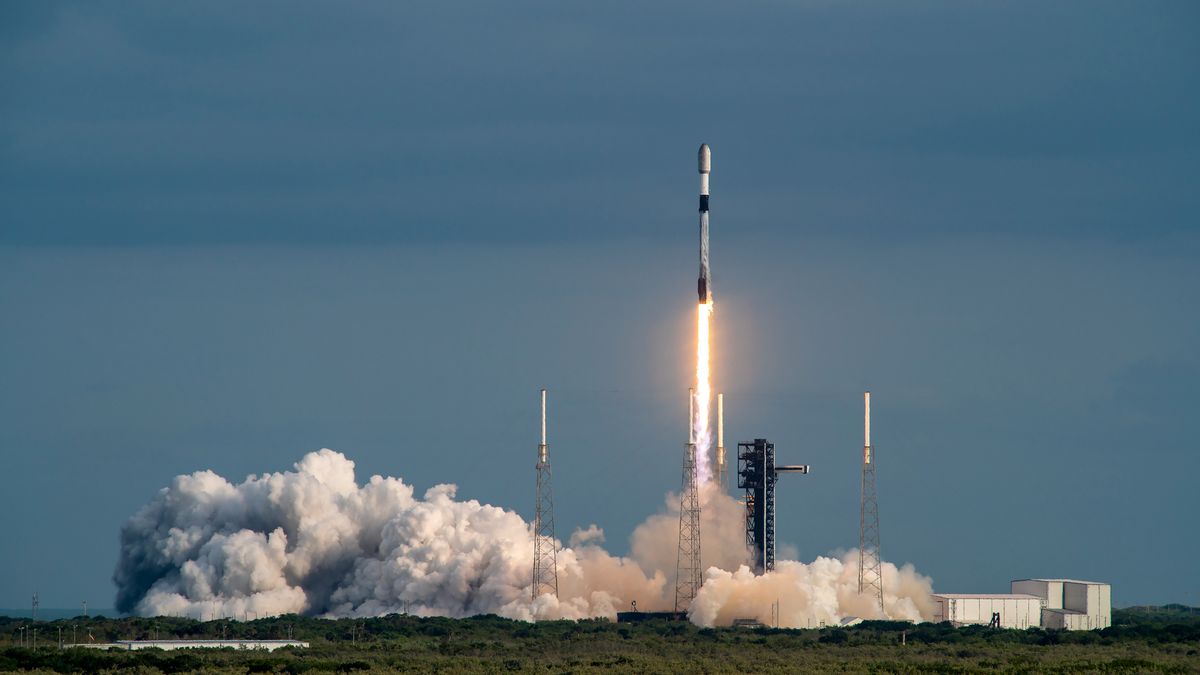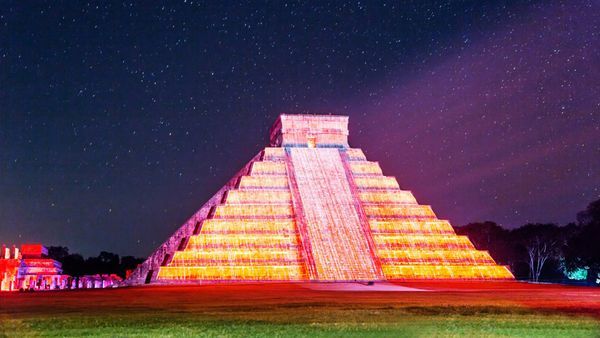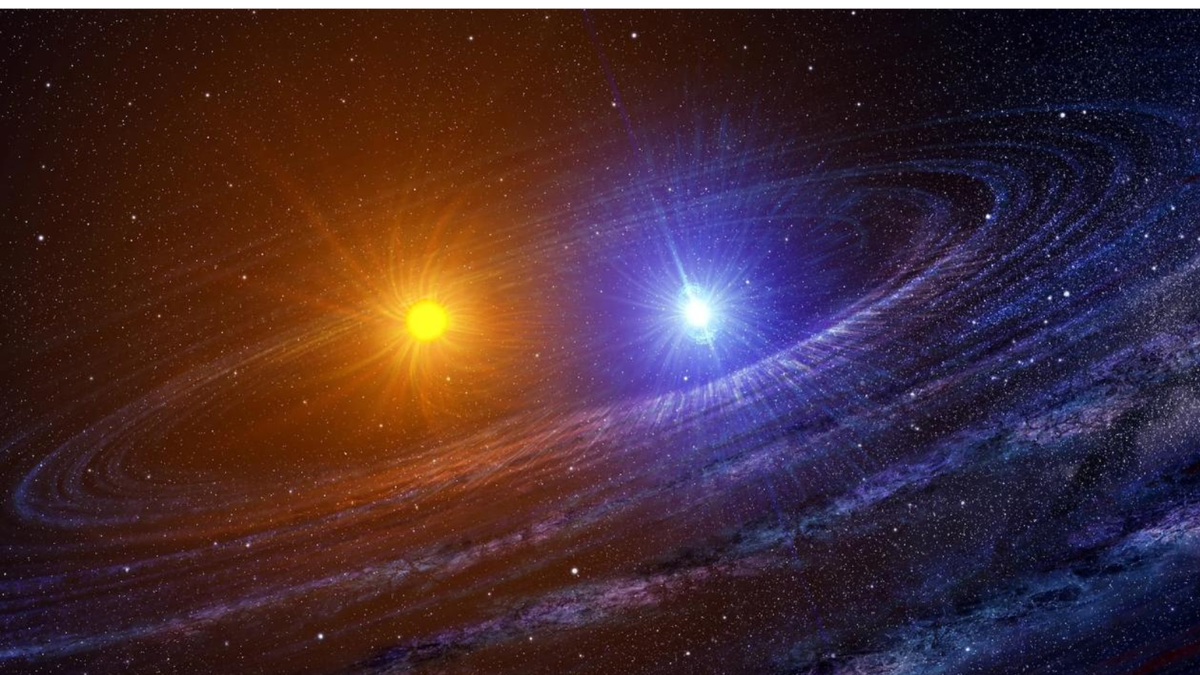SpaceX Aims to Set a New Rocket-Reuse Record
SpaceX is poised to make history tonight by tying its rocket-reuse record, showcasing the remarkable capabilities of its Falcon 9 rocket. If successful, this launch marks a significant milestone in the company’s pursuit of cost-effective space travel.
Falcon 9 to Launch Galileo L12 Mission
Tonight, a Falcon 9 rocket is set to liftoff from NASA’s Kennedy Space Center in Florida, carrying the European Commission’s Galileo L12 mission. The scheduled launch time is 8:34 p.m. EDT (0034 GMT on April 28). This mission is particularly noteworthy as it will be the 20th launch for this Falcon 9’s first stage, a testament to SpaceX’s commitment to reusable rocket technology.
According to a SpaceX mission description, this launch will match a record set earlier this month by a different Falcon 9 booster during a mission to deploy Starlink internet satellites. The livestream of tonight’s launch will be available on SpaceX’s official X account, with coverage starting approximately 10 minutes before liftoff.
Expanding the Galileo Constellation
The Galileo L12 mission aims to enhance the Galileo constellation, Europe’s answer to the Global Positioning System (GPS). Notably, this launch signifies a shift in launch partnerships following the retirement of Europe’s Ariane 5 rocket and strained relations with Russia. With SpaceX now in the picture, European space endeavors are forging new paths to ensure continued access to space.
It is speculated that tonight’s mission is the first of a series of launches under a deal between the European Space Agency and SpaceX, which could see up to four Galileo satellites launched in total over two missions scheduled for 2024.
Unique Medium Earth Orbit Placement
Unlike typical SpaceX missions that involve booster landings, tonight’s launch will see the Galileo satellite placed in medium Earth orbit, approximately 14,430 miles above the surface. This unique orbit requires additional fuel, making it a rare instance where the Falcon 9 first stage will not return to Earth after launch.
SpaceX stated in the mission description that this launch will mark the 20th and final flight for the Falcon 9 first stage booster due to the specific requirements of delivering the payload to medium Earth orbit.
A Busy Weekend and Year Ahead for SpaceX
This launch is just one of many high-profile missions for SpaceX, as the company plans to also deploy another batch of Starlink satellites on Sunday evening from the nearby Cape Canaveral Space Force Station. In 2024 alone, SpaceX has already completed 41 orbital missions, with a significant portion dedicated to expanding the Starlink megaconstellation that promises global internet coverage.
SpaceX’s commitment to innovation and reusability continues to push the boundaries of space exploration, setting the stage for a future where access to space is more accessible and sustainable than ever before.
Image/Photo credit: source url





